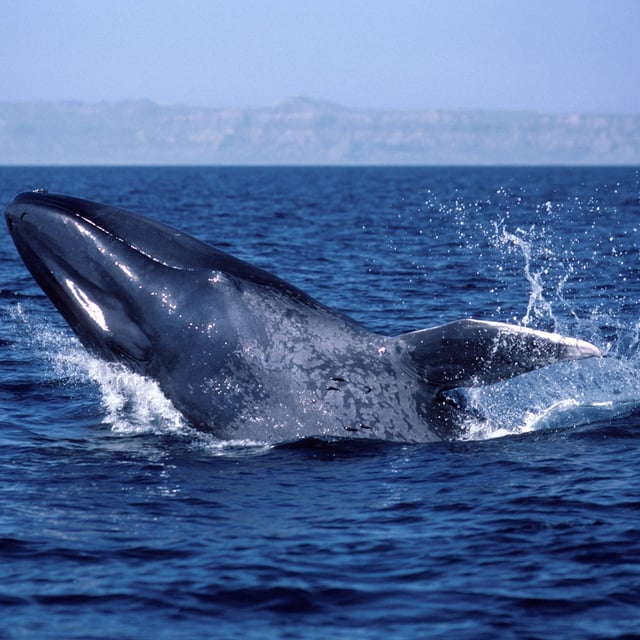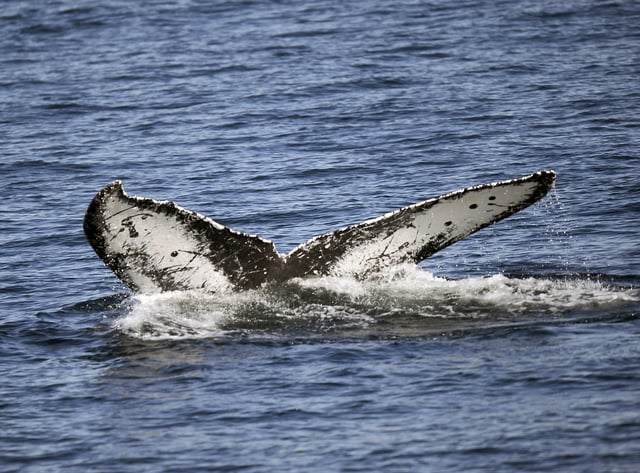Overview
- A PLOS One study using hydrophones and a 32-mile seafloor cable from 2015 to 2021 in the California Current Ecosystem documents a nearly 40% decline in blue whale songs while humpback vocalizations remained stable and fin whale calls also fell.
- Researchers link the acoustic downturn to marine heatwaves that have tripled in duration since the 1940s and fueled toxic algal blooms that decimated krill and anchovy populations.
- The 2013–16 event known as “The Blob” raised Pacific temperatures by over 4.5°F across more than 3,200 miles and triggered the most extensive marine mammal poisoning ever recorded.
- Similar silences in blue whale singing have been recorded in the South Pacific, Southern Ocean and Argentine waters, pointing to a global pattern of stress on baleen whales.
- Experts caution that the loss of low-frequency calls is an early warning of cascading disruptions in ocean ecosystems as climate change accelerates.

